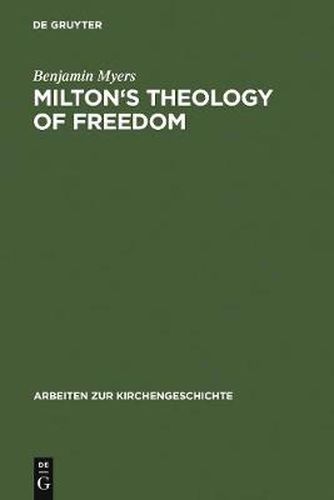Readings Newsletter
Become a Readings Member to make your shopping experience even easier.
Sign in or sign up for free!
You’re not far away from qualifying for FREE standard shipping within Australia
You’ve qualified for FREE standard shipping within Australia
The cart is loading…






At the centre of John Milton’s epic poem Paradise Lost (1667) is a radical commitment to divine and human freedom. This study situates Paradise Lost within the context of post-Reformation theological controversy, and pursues the theological portrayal of freedom as it unfolds throughout the poem. The study identifies and explores the ways in which Milton is both continuous and discontinuous with the major post-Reformation traditions in his depiction of predestination, creation, free will, sin, and conversion. Milton’s deep commitment to freedom is shown to underlie his appropriation and creative transformation of a wide range of existing theological concepts.
$9.00 standard shipping within Australia
FREE standard shipping within Australia for orders over $100.00
Express & International shipping calculated at checkout
At the centre of John Milton’s epic poem Paradise Lost (1667) is a radical commitment to divine and human freedom. This study situates Paradise Lost within the context of post-Reformation theological controversy, and pursues the theological portrayal of freedom as it unfolds throughout the poem. The study identifies and explores the ways in which Milton is both continuous and discontinuous with the major post-Reformation traditions in his depiction of predestination, creation, free will, sin, and conversion. Milton’s deep commitment to freedom is shown to underlie his appropriation and creative transformation of a wide range of existing theological concepts.